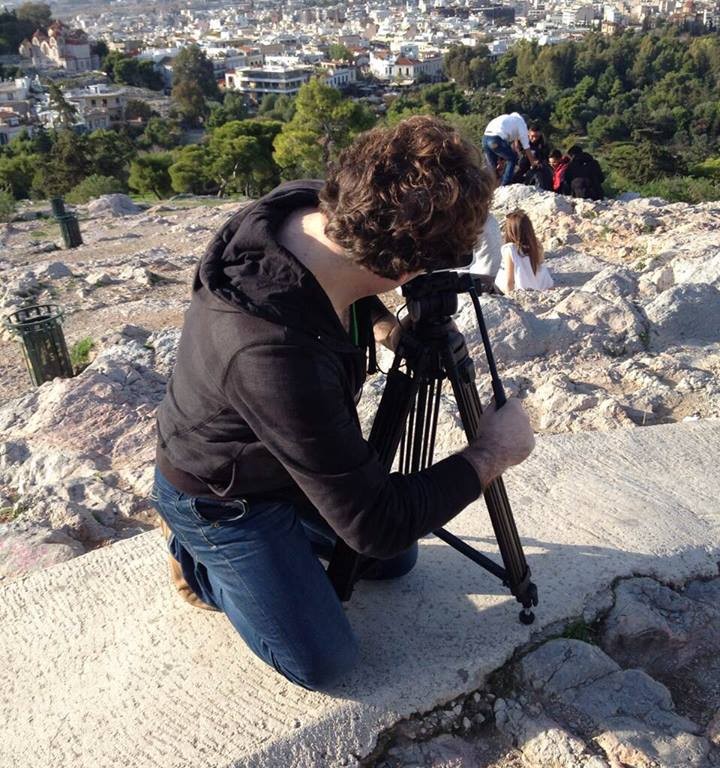In 2013, Antonio Gutteres, the UN high commissioner for refugees , described the Syrian plight as “the worst humanitarian disaster since the end of the cold war.”
Today, the number of asylum seekers in Europe continues to surge dramatically, as Syrians dangerously flee the violence in their country in one mass exodus. In 2014 alone, 3,000 migrants have lost their lives crossing the Mediterranean on ramshackle, over-crowded boats.
This fatal voyage is, to many Syrians, a gateway to an unknown destiny, a threshold separating their past lives and memories from an obscure future. It is this inner turmoil that Syrian filmmaker Ghatfan Ghannoum tries to highlight in his movie Boarding, as he dives into the ordeal of Syrians in Greece, the most important entry point for migrants.
Boarding, which is expected to be premiered soon, “portrays the painful sides of the Syrian situation throughout this journey to another reality. A reality very different from the oppression we face under the Assad regime,” articulates Ghannoum in an interview with SyriaUntold.

The 90-minute movie does not attempt to change the dominant and stereotypical image of Syrian immigrants. Ghannoum considering such pursuits a flagrant violation of human dignity, because it exploits people’s experiences in a fruitless effort to alter these corrupt notions. “Any mentality that is apathetic to the suffering of others, contradicts human rights and values,” he explains, “Thus, I only want my movie to send the following message: dear free world, it is up to you and your values.”
Ghannoum, who was outraged by the world’s indifference to the Syrian bloodbath, chose to make this movie “to bridge the gap between the suffering of my people and the world that does not seem to care.” The artist also decided to break away from his usual pattern as a fiction filmmaker, to shoot Boarding as a documentary, due to the observational and analytical nature of this particular genre.
The 38-year-old filmmaker believes that cinema is capable of transforming stagnant concepts and inciting change. Nevertheless, he regards it as a tool for slow change, because “cinema, like any other form of art, is incapable of inflicting immediate and radical transformations in the structure of societies.”
The project that was funded entirely by the artist, stems from his personal pain after losing his family and his country. Therefore, he considers himself to be a part of a just and inclusive cause, and not its guardian.



